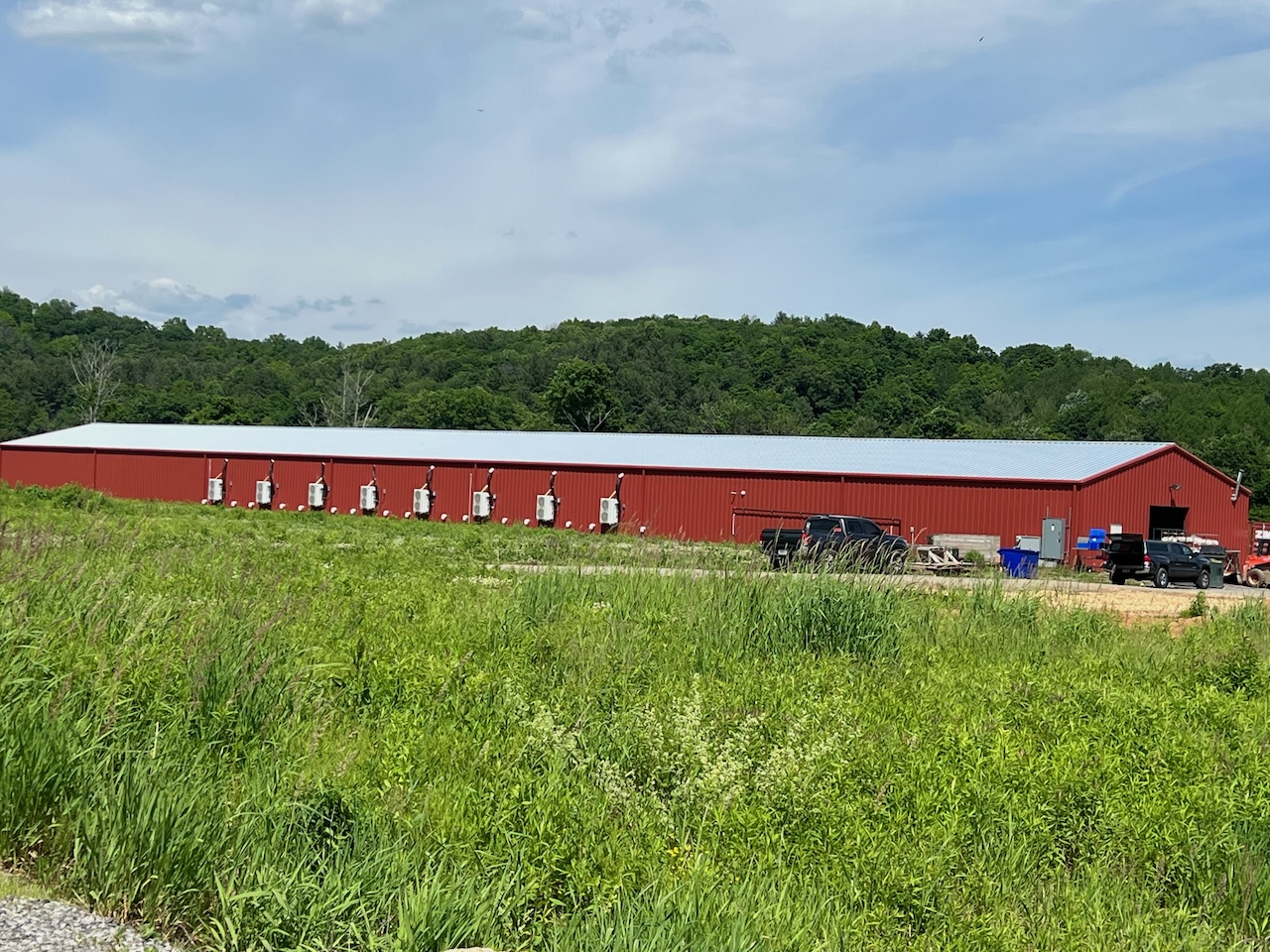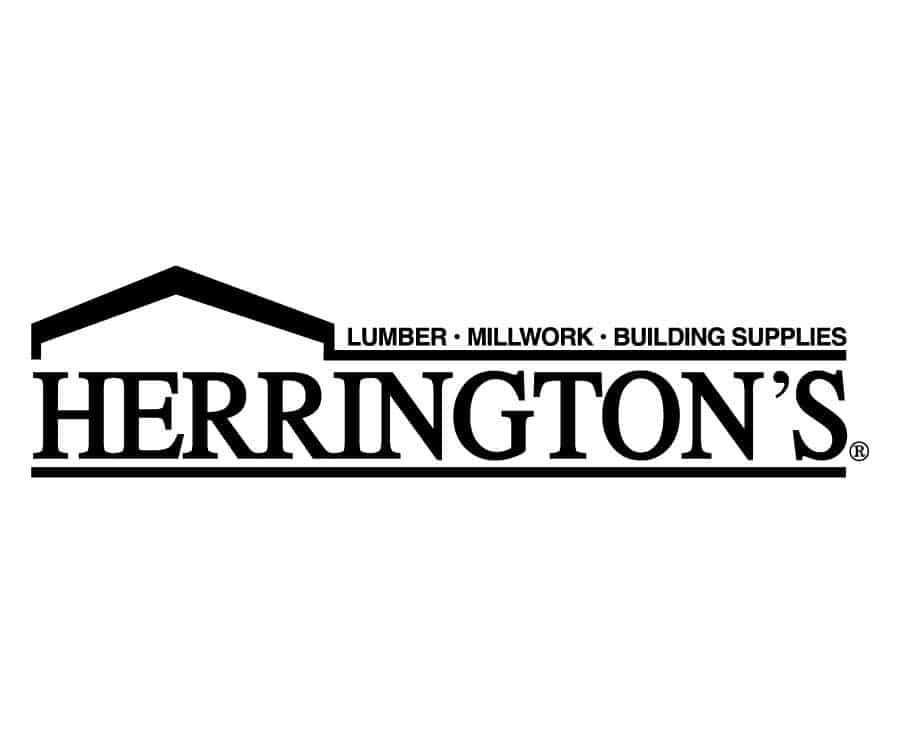Main Street Business
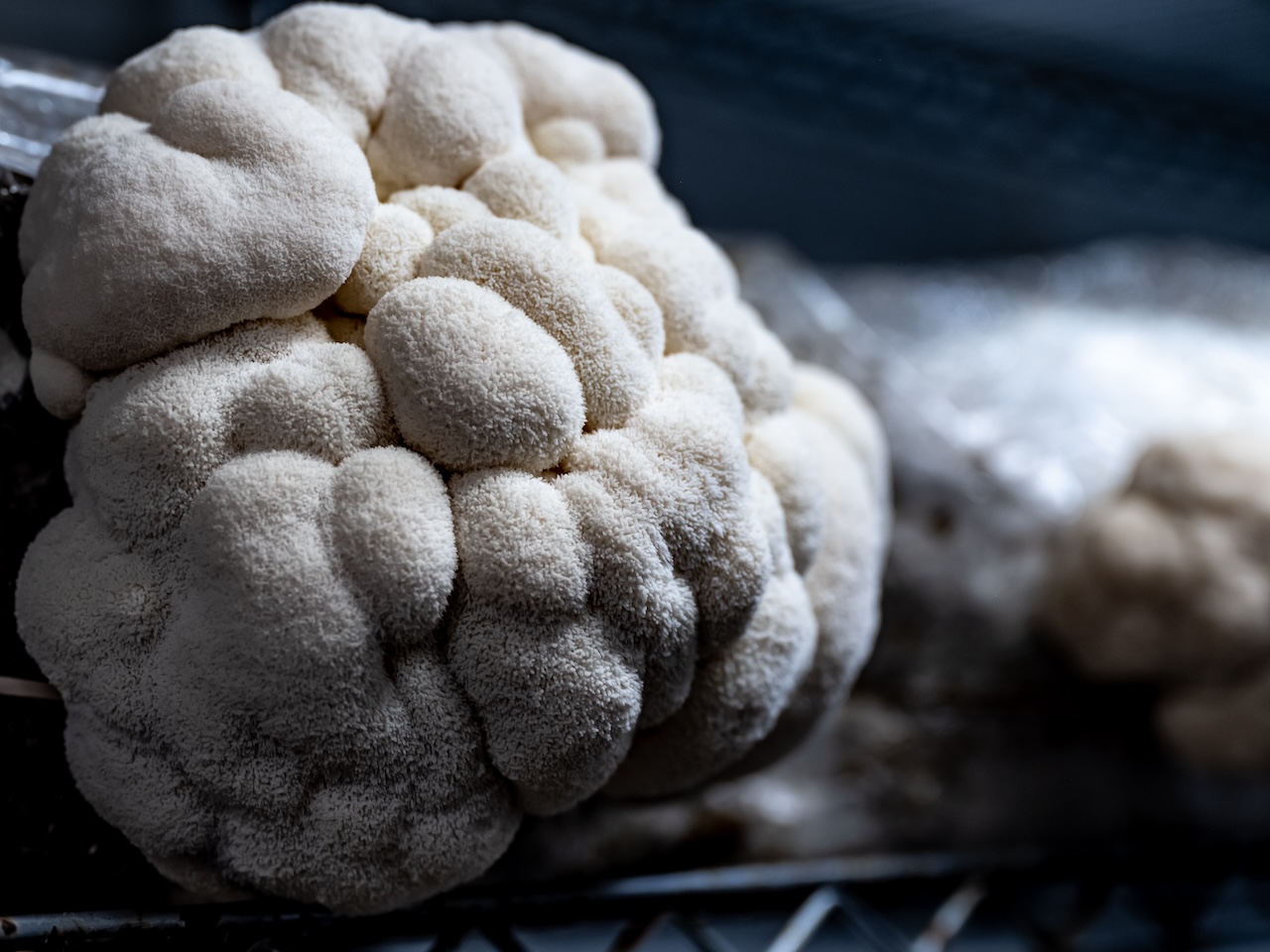
Chef to Mushroom Entrepreneur: Devon Gilroy, Founder of Tivoli Mushroom
We sat down with Devon Gilroy, the founder of Tivoli Mushroom in Hillsdale, NY, to learn about the mushroom business and how he made the switch from being a chef to a mushroom entrepreneur.
How did you go from being the acclaimed chef at The Corner at Hotel Tivoli to growing mushrooms?
Maybe it started when I worked at Chanterelle in New York, the classic Tribeca restaurant. Mushrooms were always on the menu. When I returned upstate to be the chef at the farm-to-table restaurant The Corner at Hotel Tivoli, I began foraging for wild mushrooms to offer to our guests and to give to other chefs in the area. In the winter, I began driving to Pennsylvania to purchase wild mushrooms from farmers in Kennett Square and distributed them to the same restaurants that I was providing to before. This is a totally accidental business.
During this time, I got a delivery van and started growing gourmet mushrooms in a 500-square-foot space in Hudson, which then expanded to 1,000 square feet and then 5,000 square feet. It became time to expand the scale of operations and buy our own space. Our CFO, Charlene Chai, had an extensive background in finance and came in as a strategic consultant. Charlene became an investor and partner, helped us raise capital, and structured our business for growth. Charlene is also building our medicinal mushrooms company, GO Mushrooms, out of our office and lab space in Hudson.
In 2020 we bought land in Hillsdale. We brought in Brian Leth, also a former chef, and since then the three of us have been co-running operations. The building is designed to grow up to 10,000 pounds of mushrooms a week. We still have about 30% of the farm construction to complete and are continuing to build it. We have been very busy since the beginning; it almost feels like we’ve been building an airplane while in flight.
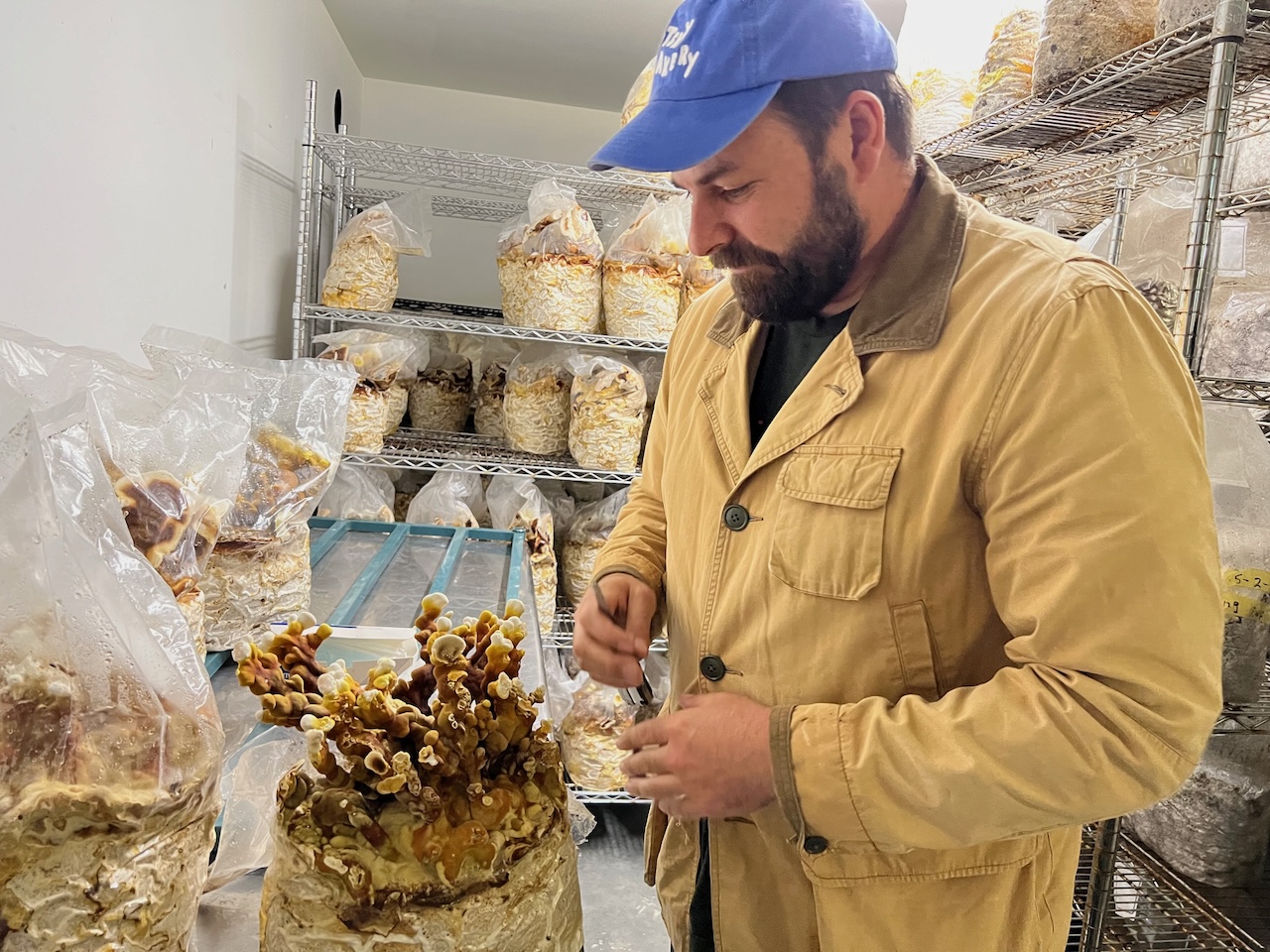
How big is the mushroom market?
The overall market is around $18 billion a year. We estimate that specialized mushrooms like ours are only 1% to 2% of that but growing rapidly. There are not many mushroom growers in the Hudson Valley region, and we’re blessed to have an empty walk-in cooler at the end of most weeks. People are looking for a high-quality product and good service and we provide that to them.
How did you learn about mushroom growing?
I’ve read a lot of cultivation books and stalked growers on social media to learn new techniques. Cory Nellissen, another partner, farmer, and engineer (and former chef), has established relationships with a lot of medium-sized mushroom farms through the commercial mushroom growers’ network. He’s brilliant at mining information from all the networks and resources that are out there. Together, we visit other successful medium-sized cultivators, and we all know each other. It’s a very small, specialized world.
What is the process of growing mushrooms?
We aim to be a sustainable business. You start with the substrate. We make our own artificial logs out of hardwood sawdust and soybean husks, then grind them up with water to hydrate them, and pasteurize to make our growing medium. Next, we inoculate the substrate blocks with spawn, depending on the variety of mushroom. The blocks go through an incubation stage and then into a grow room where they are nurtured by climate, light, humidity, and air flow controls. All of our growing media is then recycled and utilized by Honey Dog Farms, which is down the street from us in Hillsdale.
We growing our gourmet mushrooms using a completely different method from the one used to produce the standard button or portobello mushrooms you’d see in the supermarket. I think a lot of people don’t realize this.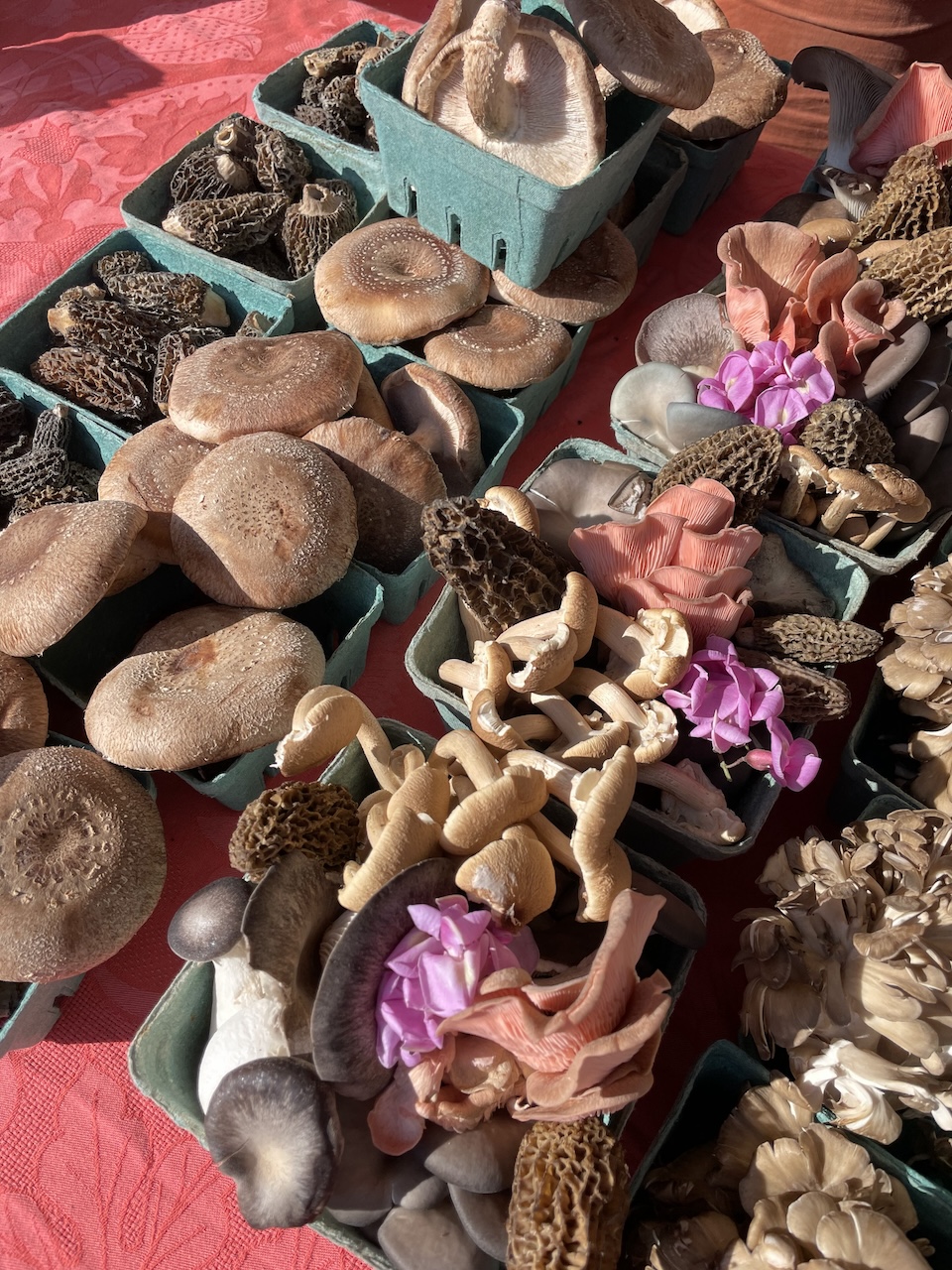
How many mushrooms do you sell?
It’s shocking how enthusiastic our clientele is. Our main demand is from chefs, primarily because of the quality of the mushrooms that we cultivate. With any seasonal produce, the demand can be very high in the fall and winter and slows down in the summer. Our company used to have a more seasonal operation, but now that we are supplying farmer’s markets, wholesale, restaurants, and grocery stores, our seasonality is less impacted.
What is your most in-demand mushroom? Describe your business.
50% of our business is broken up into king oyster, blue oyster, and maitake. The rest is a mixture of wild mushrooms, foraged wild products, beech, shiitake, and lion’s mane. The foraged wild products are for the most part domestic. We bring some in from the Pacific Northwest but the majority are brought in from Pennsylvania, New York, and Maine.
Did you come from a food business family?
Absolutely. My mother’s side of the family owned diners, and my father’s side of the family owned bar restaurants, so food and the food business has played a big role in my life. I always knew the importance of the chef position and had dreams of being a chef-owner-operator.
Do you miss being a chef?
No, not really. There’s only so much you can accomplish. I welcomed a change – I like the challenge of this company and being involved in all aspects of it.
How many people does Tivoli Mushrooms employ?
About fifteen at present. We have a farm manager, a great farm team that does substrate and harvests, a team of people that run deliveries, and a few part-time people that help out at the farmers markets. In New York City, we have a sales team and also three people working on our extractions at GO Mushrooms.
We all work really hard – Charlene, Brian, and I are super involved in all parts of the business, and together we make up the board that governs the company. I want to emphasize that I do not run this company by myself. We have a very strong, committed team and the quality of our products and service results from the combined efforts of our labor.
What are your plans for the future?
We intend to expand our presence in local farmers markets. We are present in 12 markets – two in New York City and ten up and down the Hudson Valley. We have plans to expand within the GrowNYC network and increase our presence throughout the city. Our aim is to produce 30% of our revenues directly from consumers. The great thing about farmers markets is getting to interact with customers face to face.
GO Mushrooms, our medicinal mushroom branch, is a separate company we started two years ago. We saw a great opportunity to expand our expertise of cultivation to grow potent medicinals that have the potential to help people. Every mushroom has medicinal qualities that have long been recognized. For example, the reishi mushroom has been used for centuries to regulate stress and improve sleep. Lion’s mane is currently being studied for its potential to improve nerve health, and maitake has been revered in traditional Japanese medicine practices as a “mushroom of longevity.”
We apply the same integrative mentality of Tivoli Mushrooms to GO Mushrooms; we are constantly improving our processes and adapting to changes to ensure that our products stand out. Currently we are doing an ultrasonic-assisted extraction, which involves using an ultrasonic processor to break down the mushroom wall and grant access to the beneficial compounds. We supplement this with a traditional soxhlet extraction; some of the compounds are alcohol soluble and others are water so you tend to need to do both. The industry is still pretty new so there isn’t a “one-size-fits-all” standard. We use the mushroom fruiting body, quality lab equipment, and rigorous protocols for quality assurance. We sell through Amazon; on our online site GOMushrooms.com; and to healers, naturopathic doctors, and functional medicine physicians.
Will you be growing psychedelic mushrooms?
No. Many companies will be going into this market, which uses the same mechanized, growing process as button mushrooms. This is not our clientele or distribution network, and the customer service of that side of the business is not something that we’re interested in taking on.
It doesn’t work for our company strategy to grow in that sector as well as the culinary and medicinal tinctures that we are currently involved in.
What is the most stressful part of your business?
Most of our success has come about by providing people with great looking, fresh mushrooms, but mushrooms are very delicate. They can look good one day and dead the next if not stored properly. We’re constantly improving what we’re doing – looking at our inputs, looking at our distributions, and analyzing our shortcomings in an attempt to overcome biological hurdles.
Cory and I have traveled extensively, trained in Belgium, and toured many other farms trying to get ahead of biological obstacles that are plaguing mushroom farms in the industry. We’ve both experienced periods of intense crop failure. Luckily we now have a system that, because of our diligence and oversight, has resulted in a consistently beautiful mushroom crop. Knock on wood.
Find Tivoli Mushrooms and GOMushrooms by name on Instagram and Facebook: @tivolimushrooms and @gomushrooms.
